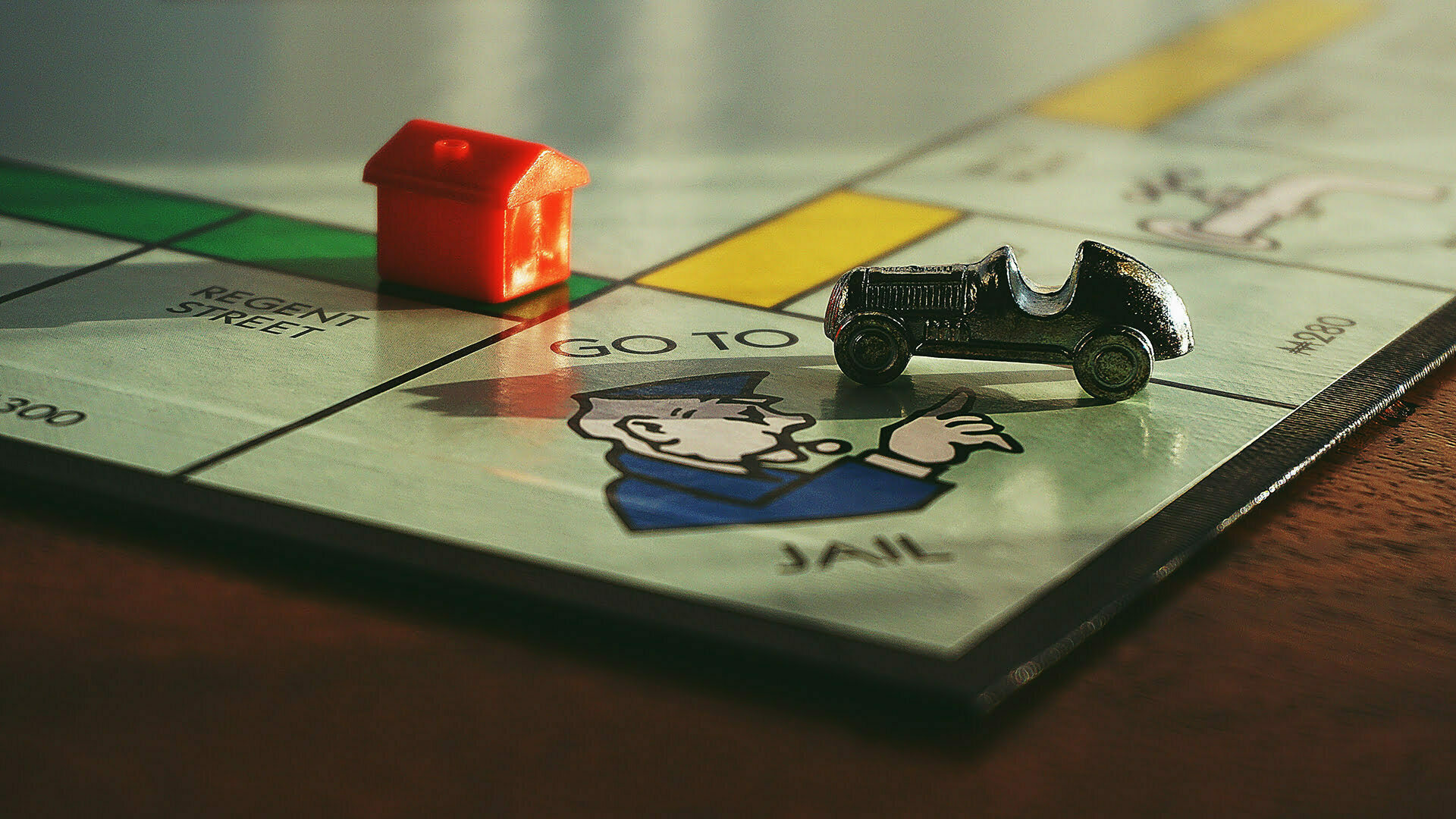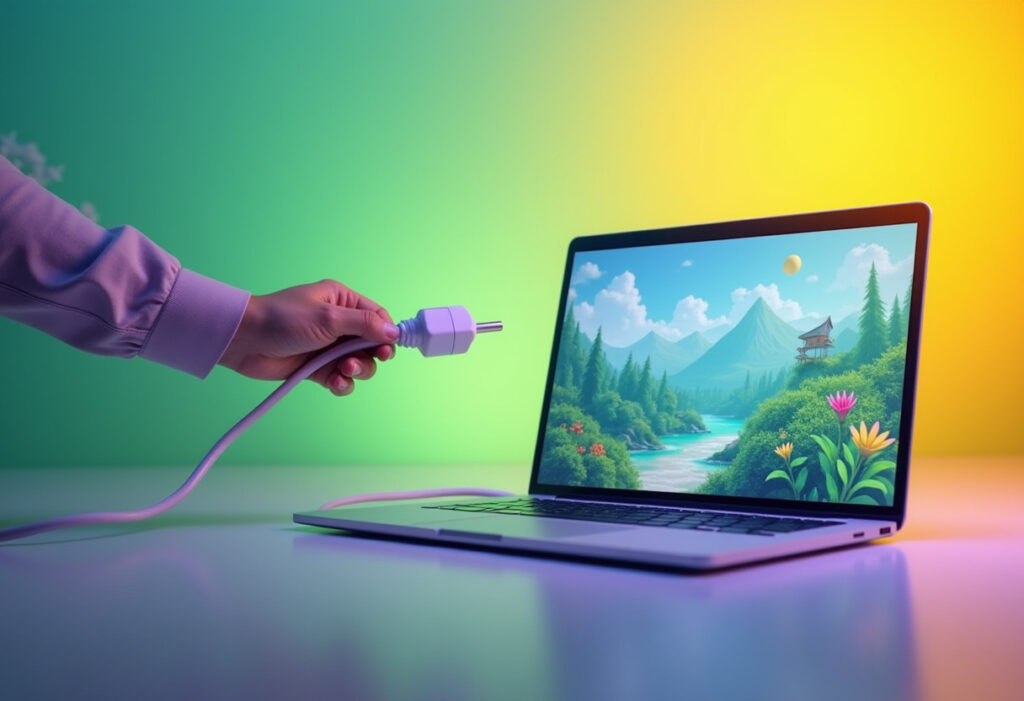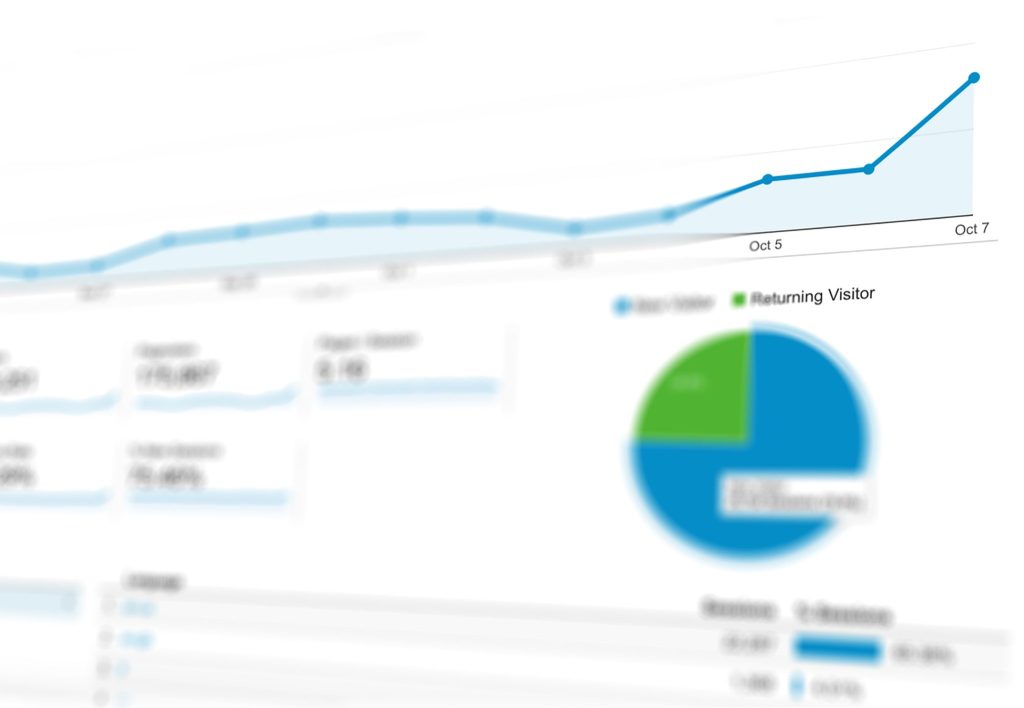As SEOs, it’s our goal to make sure that we’re doing everything we can to improve your website’s rankings and get it seen by the right people at the right time. It’s also our responsibility to make sure that we’re doing so in the most ethical and effective ways possible. This means abiding by the guidelines set out by Google’s Webmaster Guidelines. The basic principles outlined in these guidelines are:
- Make pages primarily for users, not for search engines.
- Don’t deceive your users.
- Avoid tricks intended to improve search engine rankings. A good rule of thumb is whether you’d feel comfortable explaining what you’ve done to a website that competes with you, or to a Google employee. Another useful test is to ask, “Does this help my users? Would I do this if search engines didn’t exist?”
- Think about what makes your website unique, valuable, or engaging. Make your website stand out from others in your field.
Why does Google give penalties?
When it comes down to it, Google is still a business and their product revolves around useful, informative search results. The reason Google is so trusted by its users is because of how good it is at providing high-quality search results and therefore the quality of experience that its users have when searching. The primary reason Google generates so much revenue from their search advertising products is because of this trusted quality and reliability, i.e millions of people return to Google everyday to utilise their free search engine. This then provides the volume required to charge advertisers. In the latest quarter alone, Google generated $32.6 billion in advertising revenue.
If they were to lose their reputation for superior search result quality and accuracy, they risk losing their position in the search engine market and the demand for their product. If sites are seen to be trying to manipulate the search results and therefore the integrity of their product, then Google will penalise these sites and decrease their SERP rankings, or even remove the site from their index altogether.
What is a Google Penalty?
“Google issues a manual action against a site when a human reviewer at Google has determined that pages on the site are not compliant with Google’s webmaster quality guidelines. Most manual actions address attempts to manipulate our search index. Most issues reported here will result in pages or sites being ranked lower or omitted from search results without any visual indication to the user.” – Google’s Search Console Help
Algorithmic Penalty Vs. Manual Action
Penalties come in a variety of forms. Some penalties are applied automatically by the search engine (algorithmic penalty) whereas others take a more manual process (manual action). Furthermore, some penalties will only be applied to specific pages, whereas others (usually more heinous in nature) can affect an entire site.
The main discernible difference between a manual action and an algorithmic penalty is that a manual action is incited by a human reviewer at Google as a result of their review of your website. An algorithmic penalty is received by many sites automatically when an update has been released, however this does not mean that algorithmic penalties only occur after an update. Googlebot is constantly crawling and recrawling sites and as such algorithmic penalties can occur at any time.
Additionally, you will be notified of a manual action being applied to your site by a message in your Search Console account, whereas this isn’t always the case with an algorithmic update. This makes identifying the reason for an algorithmic penalty and therefore recovering from said penalty, considerably harder.
A manual action, as in the above snippet from Google, is issued when a human reviewer at Google has determined that pages on the site are not compliant with Google’s webmaster quality guidelines. A manual action is given to any site that is seen to be using manipulative black hat SEO tactics, or any one of the below Google Penalty triggers.
Ultimately, any website that contravenes Google’s webmaster guidelines is at risk of being hit with a penalty. It’s imperative to avoid a penalty at all costs, as the result could be potentially catastrophic for your website and your bottom line. Penalties usually result in a considerable drop in rankings, or in severe cases, being de-indexed by Google entirely (removed from the search engine’s database).
In cases of de-indexing, the website will not display on the SERPs at all, even if the exact URL is searched for. In less extreme cases like a ranking decrease, you will still feel the pinch of watching your traffic graph go from a steady incline to looking like the white cliffs of Dover.
Less traffic means less engagement, fewer conversions and ultimately a drop in revenue. We’re not talking about dropping a few places, we’re talking about dropping entire pages. When was the last time you went to the second page of Google? Can’t remember? Then you’re just like 75% of people who never click past the first page of Google. A Google penalty can be devastating to your bottom line and is to be avoided at all costs.
What triggers a Google Penalty?
There are a number of reasons why your site might be penalised by Google – at the time of writing – has listed the below most common offences to keep an eye out for in order to avoid a penalty. Please note though that is by no means an exhaustive list.
- Automatically generated content
- Sneaky redirects
- Link schemes
- Cloaking
- Hidden text and links
- Doorway pages
- Scraped content
- Affiliate programs
- Irrelevant keywords
- Creating pages with malicious behaviour
- User-generated spam
How to recover from a Google Penalty
Each Google Penalty has its own consequences and presents itself differently. Overall, the formula for recovering from a manual action is to log into your Search Console account, pay attention to any notifications or warnings presented to you, and follow Google’s suggestions for remedying the issue. Whereas for an algorithmic penalty, the solution might not be so easy given that there is sometimes no notice given in your search console account, or at all.
If you suspect that you’ve been subject to an algorithmic penalty, the best thing to do is to take a thorough look at your website. Consider the following:
- Do I have a clean backlink profile?
- Is my content valuable and relevant?
- Is my content original and my own?
- Have I avoided all black hat SEO tactics?
- Is my website well structured and user-friendly?
Having taken these factors into consideration, make any necessary adjustments to your website i.e. removing unnatural links, updating content etc. Once you’ve made any necessary adjustments to your site’s content/imagery, submit a reconsideration request outlining why the omission(s) occurred in the first place and what you have done to remedy the offence.
You won’t see an immediate recovery in rankings or traffic as it can take months to recover from a penalty, but so long as you’ve done everything you can to ensure that your site is free from spam, you should see your rankings and traffic recover in time.
That said, there are two algorithmic updates that are without a doubt the most commonly known for slamming users with penalties – Panda and Penguin. They have been around since 2011 and 2012 respectively but have had multiple updates over the years. As they’re notoriously known for their penalties in the SEO industry, there are a lot of self-help articles available out there. Alternatively, if you’re uneasy about tackling such a task yourself, we’re always here to help you navigate the road to recovery from these algorithmic heavy weights.
It’s important to note however that these aren’t the only updates that will land you in hot water with Google. However unless you work for Google or are an SEO, you likely won’t have time to keep on top of every single update that is released by Google, so the best thing you can do is to take preventative measures in order to avoid a penalty altogether. Which brings us to…
How to Avoid a Google Penalty
Primarily, you want to avoid these penalties in the first place. There are certain steps that you can take in order to avoid a Google Penalty:
- Familiarise yourself with Google’s Webmaster Guidelines and adhere to them
- Keep a clean backlink profile
- Don’t buy links
- Don’t partake in keyword stuffing
- Make sure that your content is original and your own
- Pay attention to Google’s Quality Guidelines when creating content
- Don’t engage in any black-hat SEO tactics
- Live by the rule of thumb that if it feels spammy, it probably is.
Keeping abreast of which techniques will win you traffic and which will land you with a penalty is no easy feat. That’s why at Yellowball, we make it our job to know. Hiring an award-winning SEO agency like Yellowball will ensure that your website remains in Google’s good books. This is essential to maintaining a consistent presence in the SERPs, not to mention avoiding any costly penalties.









